“I don’t know; what do you want to watch?”
That conversation must be happening in more homes than just mine, which probably inspired Netflix to introduce its new “Shuffle” feature, aimed at defeating this common viewing dilemma. But, should people who have to ask their TVs to “play something” even be watching television?
This past July, the entertainment-streaming icon started testing a new “Shuffle Play” button, placing a familiar-looking shuffle icon on select users’ accounts. Those who have the feature might find it below their user profile icon or on the left side of the home screen. When Shuffle is selected, Netflix serves a chef’s choice of shows “based on viewing history, preferences, and playlists.”
Problem solved: No more aimless scrolling and probably fewer arguments began by “Anything but that.” It’s nice to have choices. It’s also nice when someone/thing helps identify them.
But, will Netflix’s Shuffle keep people too tied to their iPads and cemented to their sofas? Does imploring one’s device to “play something . . . anything” signal digital drunkenness and suggest that the streaming service should stop serving?
In the midst of the pandemic, Netflix has been a hero for the homebound, keeping many a step away from wit’s end with easy access to inexpensive entertainment and even educational content. In the second quarter of 2020, the streaming service added an impressive 10 million new subscribers, bringing its worldwide total to about 193 million.
With so many customers already contently streaming, why does Netflix even need to add a new feature? Well, like any successful organization, it wants to keep its value proposition fresh and exciting. As a Netflix spokesperson says, “We’re always looking for better ways to connect members with shows and films that they will love.”
The company also needs to keep pace with competitors’ offerings, like HBO Max’s recommendation engine and NBCUniversal’s random play on Peacock. Likewise, Comcast’s Xfinity has integrated creative voice commands, such as “Surprise Me” and “Happy Stuff” in order to serve up spontaneous and hopefully stimulating shows.
In varied marketing roles, I’ve come across a couple of closely related psychological concepts that help describe the consumer itch Netflix and its competitors seem to be trying to scratch:
- Satiation effect: people eventually grow tired of things they initially liked.
- Variety-seeking behavior: enjoyment often increases with different experiences.
So, Shuffle might pull Netflix users out of their streaming ruts by providing them with an endless array of custom-curated and personally-satisfying program choices.
However, whether it’s taking excessive vitamin C or bingeing The Office, too much of even a good thing is too much. At some point, people need to turn off their TVs, put down their iPads, and move on to other things. The question, then, becomes: Does a shuffle feature make streaming too tempting and difficult to deny?
Pulling oneself away from an interesting program can be hard, which I experienced firsthand earlier today. In order to do some “research” for this piece, I turned on our TV to check out Xfinity’s voice commands. The channel happened to be on a high-diving competition, held on a beautiful stone bridge, over a river somewhere in Europe. I sat memorized for at least 10 minutes before returning to my senses and remembering why I was sitting there.
The bottom-line, though, is that I was able to break free from the screen without any extraordinary effort. Most people can muster at least the same amount of resolve, even when specially-selected programs are shuffled at them.
Speaking of resolve, I recently wrote an article that asked whether TikTok is addictive. The conclusion (spoiler alert) was “No.” When compared to commonly accepted addictions like alcohol and gambling, the app is not addictive in any scientific sense.
TikTok’s screen-swiping and Netflix’s Shuffle are similar in that both deliver virtually infinite, individualized video content. However, 15-second smartphone clips from ordinary people are much different than 2.5-hour professional-produced films. Is one spontaneous selection harder to resist than the other?
There should be a study, but it seems that TikTok's bite-sized content could be harder to forgo—like eating potato chips versus stuffed baked potatoes. Both are good, but eating an additional stuffed baked potato is a big commitment, whereas popping one more potato chip, then another, is easy to start and sustain. So, if longer programs have even less allure for consuming ‘one more,’ it seems that neither Netflix nor TikTok is truly addictive.
Having cleared the ethical hurdle, there’s still one more important consideration—effectiveness: Will people really want to use Netflix’s Shuffle? So far, reviews of the feature appear tepid; for instance, some have tweeted:
- “Interesting new feature @netflix ... but what kind of insane person just says, “yolo, let’s spin the Netflix wheel of fortune”? (@TurnerLevison)
- “they been testing this for months on mine and it’s trash, they put two things on your recently watched and if u shuffle again it’s just Netflix Originals.” (@BlondDaya)
Unfortunately, Netflix didn’t include me in its test market, so I haven’t been able to try the feature, but I have a hard time seeing many people using it. First, Netflix already curates at least somewhat customized selections that users can see at a glance on their home screens. Second, it may be frustrating or even mildly offensive to receive specific recommendations that make one wonder, “Why are they suggesting that for me?!”
To that point, after I stopped watching high-diving, I asked Xfinity to “Surprise Me.” It suggested Hallmark Channel’s “Tulips in Spring.” I had no problem declining that recommendation, which must have been meant for someone else in this house.
Given TikTok’s ‘swiping’ success, it wasn’t a bad idea for Netflix to test a ‘surprise me’ feature for its streaming service. It seems unlikely, though, that the same consumption behavior will transfer to considerably longer program content, which makes Shuffle Play a fitting selection for “Simple-Minded Marketing.”
Learn more about the Mindful Matrix.
Check out Mindful Marketing Ads and Vote your Mind!

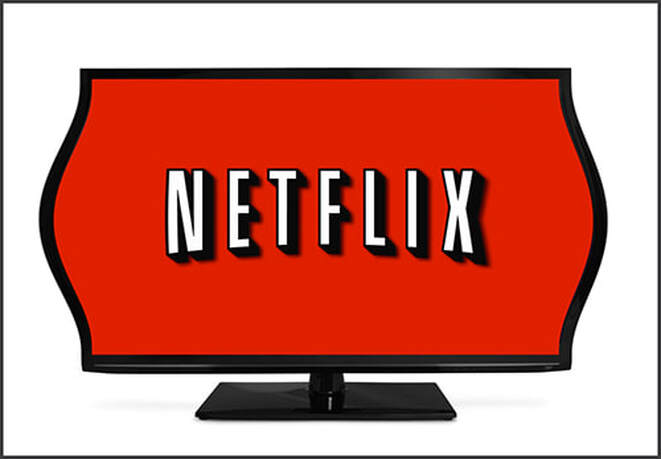
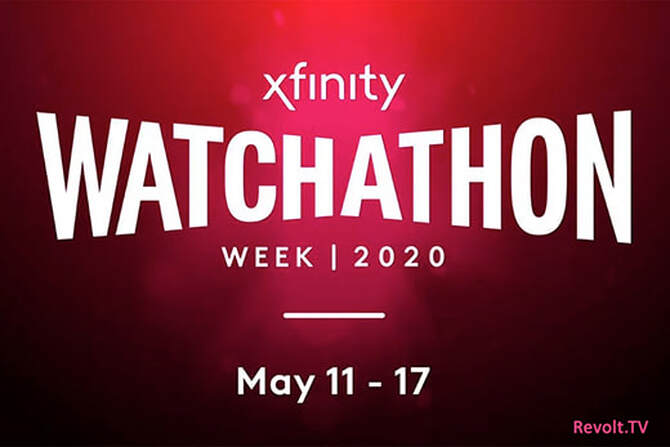

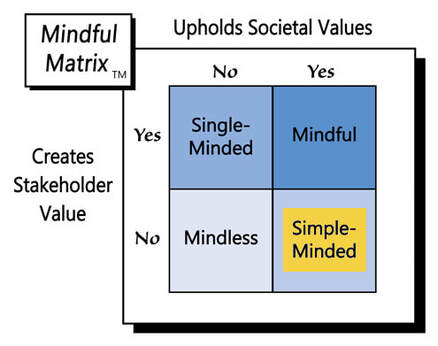
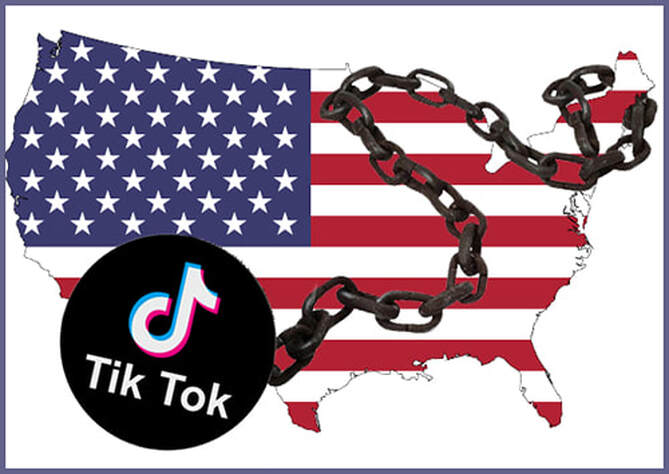


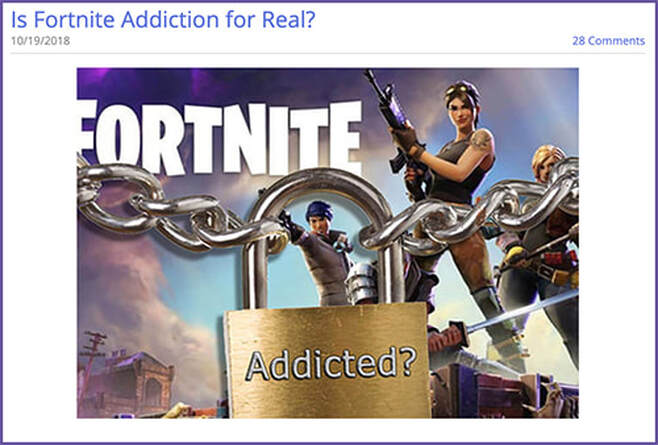
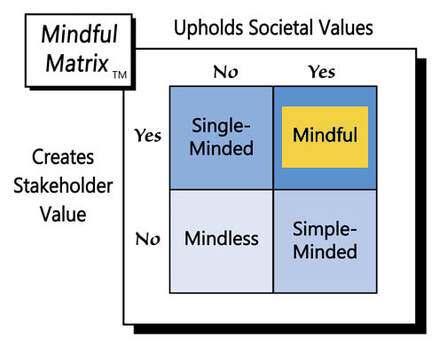
 RSS Feed
RSS Feed